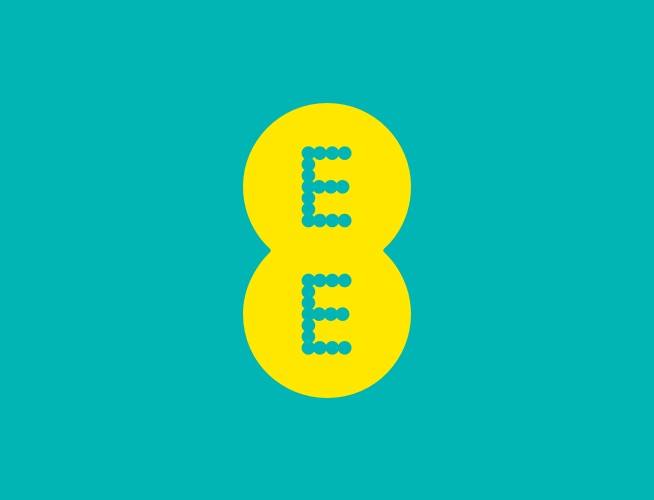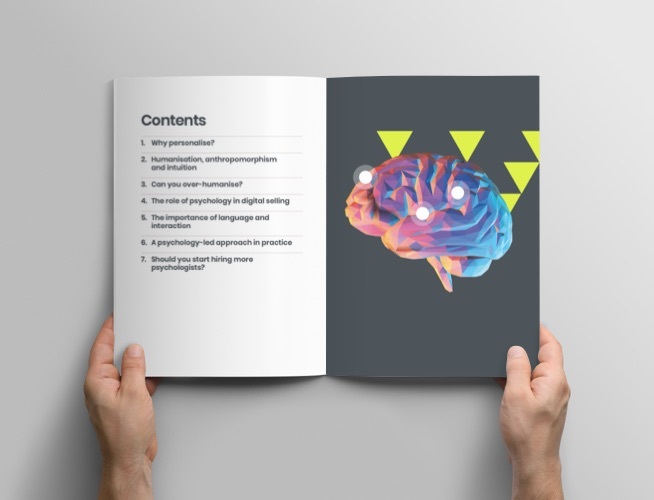2020 was a tumultuous year in so many ways, and this has been reflected in significant shifts in customer buying behaviour across the telco industry. We’ve analysed over 17 million customer interactions from our guided selling engines – including data from Vodafone, Verizon, Virgin Media, EE and O2 – to identify the key behaviour trends of 2020 and to anticipate how 2021 might look.
2020 – key trends:
Customers are increasingly seeking online assistance
As a new wave of customers took to online, we have seen an increasing demand for the same level of assistance that customers would normally receive in store. This has translated into a 16% increase in the number of customers engaging with our guided selling engine, with over 9% of all prospect customers now using the 15gifts guided selling engine when making an online decision. Early signs this week suggest that this trend will continue to grow into 2021.
Loyalty is down and caution is up
Telco prospect customers showed less loyalty and more pre-purchase caution in 2020, than in previous years. Customers visited more competitors before making a decision, and made higher levels of repeat site visits – shopping around more and looking for the best bang for their buck. Looking at the Black Friday weekend for example, the average consumer made 79% more trips to a site before purchase on Black Friday compared to 2019 and 118% more on Cyber Monday. Customers were also taking longer to make a purchase, with a 7% increase in customers taking a day or more to purchase following recommendation.
Decision making criteria have shifted
Despite signing up to long-term telco contracts, customers are making decisions based on their immediate needs in the covid era. Purchase decisions have been increasingly driven by features such as apps to entertain children, mobile hotspot access for home working, video streaming subscriptions and unlimited data access. During the first wave of Covid in Spring, customers were also 17% more likely to look for a mid-range phone, than a premium phone when compared to 2019. What this tells us is that brands need to respond to the current climate when positioning and selling products, despite the majority of the contract term (hopefully) falling outside of these current restrictions.
Our predictions for 2021:
As a new wave of customers took to online, we have seen an increasing demand for the same level of assistance that customers would be based on the behavioural shifts we have seen in 2020, and our unique understanding of the online buying process, 15gifts has identified a number of key trends we anticipate will come to the fore in 2021
2020 behaviour will remain the new normal for now
The continuing covid situation, and restrictions on retail opening across UK, European, and US markets will mean the patterns of online purchasing behaviour seen in 2020 will persist in the first half of 2021 at least. Customers will be more likely to shop around than in previous years, and make multiple visits to telco sites and their competitors before making a decision so brands will need to work hard to convert their online audience.
Online is the new high street
Although store re-opening will see some customers return to the high street, a significant share have now become comfortable with the digital experience, and the benefits of guided selling technology. The question is, how much of that newly-found growth in digital mix can brands retain? We expect a continued focus on on-site humanisation to realise long term digital mix benefits from the unique behaviour shifts seen in 2020.
Seamless hand-off between technologies
As more assistance technology is applied to online sales journeys, the focus in 2021 will be on streamlining the customer experience so the right service is offered to the right customer. In 2021, we will start seeing seamless ‘best in class’ customer journeys that play to the strengths of each tool – with guided selling engines passing profile data through to live agents so they can continue the conversation and close the sale.
Profile data will become increasingly important
The unique customer profile data that can be modelled from guided selling interactions will open the door to more effective on-site personalisation within prospect flows. Currently, minimal browsing data and restrictive cookie policies hinder brands from delivering highly personalised prospect sales flows in the same way as they can with existing customers. Prospect profile data, modelled from guided selling interactions, will help brands reveal the real people behind prospect traffic – sharing their decision drivers, tastes and mindsets with the brand in real time so they can act in the same session.
Psychology is the next area of competitive advantage
More broadly, 2021 will see consumer psychology taking centre stage for companies looking to advance their online sales experience and move closer to retail-level KPIs. Technologies and consultancies specialising in applying consumer psychology to the online world will increase – allowing brands to leverage techniques and theories for their online channels, that have been honed on the high street for decades.



